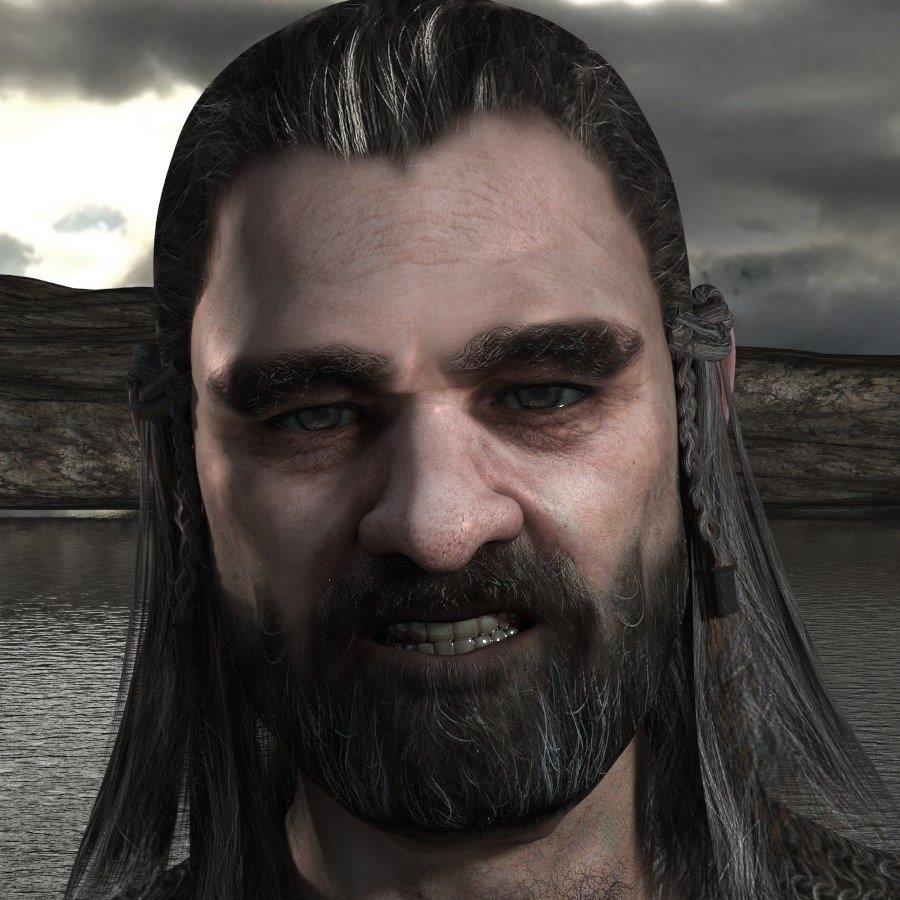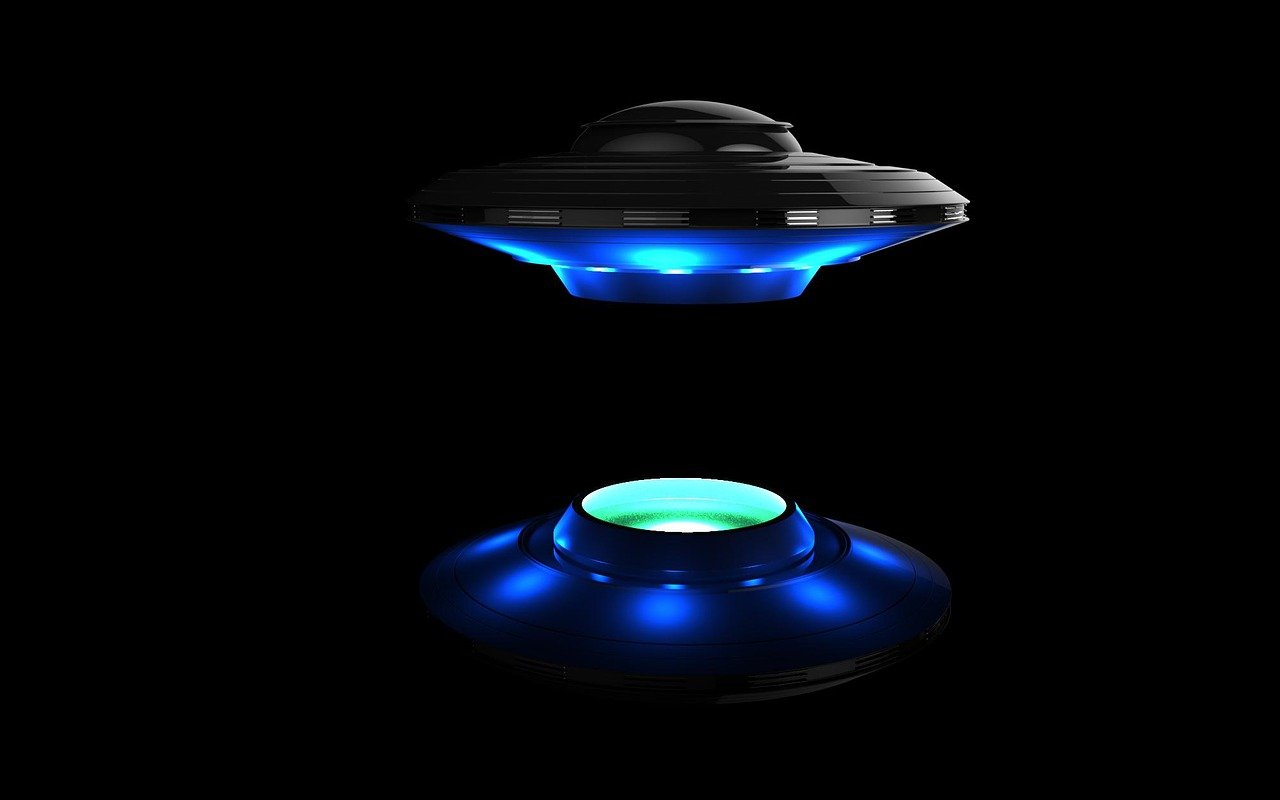Here are some reasons ufologists might be considered questionable:
- Lack of Verifiable Evidence: Some ufologists make extraordinary claims without providing credible or verifiable evidence. This includes anecdotal stories, blurry photos, or claims based on personal experiences without corroboration.
- Conspiracy Theories: Certain ufologists promote grand conspiracy theories, such as secret government deals with aliens or cover-ups involving advanced alien technologies. While governments have classified information related to UFOs, many of these claims are speculative and lack concrete proof.
- Sensationalism: Some individuals exaggerate or sensationalize UFO encounters or alleged extraterrestrial events, often to gain media attention, followers, or commercial success through books, speaking tours, and documentaries.
- Pseudoscience: Some ufologists make scientific-sounding claims without following accepted scientific methods. This can include misinterpreting natural phenomena (like weather balloons, aircraft, or space debris) as alien encounters or not conducting proper peer-reviewed investigations.
- Misleading Information: Some ufologists may knowingly present hoaxes or misleading information as fact. This has happened with cases like the infamous "Roswell Slides" or the "Alien Autopsy" video, which were later debunked.
That said, not all UFO researchers fall into this category. Many credible scientists and researchers are involved in studying UFO phenomena using proper scientific methodology. A key distinction is that legitimate researchers focus on unexplained aerial phenomena (UAPs) and emphasize the need for further investigation without jumping to conclusions about extraterrestrial origins.


